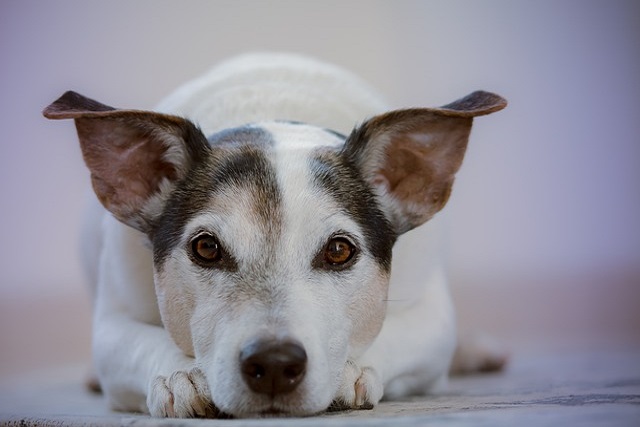
How do i train my dog to be obedient?
Watching your dog dart across the park ignoring your calls isn’t just frustrating—it can put them at risk near busy streets or public spaces.
If you’ve ever sat up at night, listening to your gray-muzzled dog pace back and forth, stopping to whine or stare at a wall, you know the worry that comes with a restless senior pup. New owners of older dogs, like my neighbor who adopted a 12-year-old lab mix named Max, often feel helpless. Max started getting up every hour during the night, circling his bed and nudging my neighbor’s hand, and she wondered if he was in pain or just “getting old.” Senior dog restlessness isn’t something to ignore—it’s usually a sign they need help, whether physical comfort or a little extra care.
As dogs age, their bodies and minds change, and restlessness often stems from these shifts. Arthritis can make lying down uncomfortable, so they pace to find a pain-free spot. Cognitive decline, like doggy dementia, might confuse them—they forget where their bed is or get disoriented when the house is dark. Even something simple, like a full bladder from weaker muscles, can make them restless. My neighbor’s vet explained that Max’s pacing was a mix of mild arthritis and nighttime confusion—common in dogs over 10. The key is to figure out the cause, then adjust their routine to ease their discomfort.

Start by checking for physical discomfort. Provide a orthopedic bed with memory foam to cushion achy joints—Max perked up when my neighbor added a heated pad (on low) to his bed, soothing his stiff hips. For bathroom issues, take them out for a final potty break right before bed, and use nightlights in hallways so they can navigate safely. If dementia seems likely, stick to a strict routine—same feeding times, same bedtime—to reduce confusion. My neighbor started playing soft classical music at night, which calmed Max enough to sleep through the night. In apartments, keep their space quiet and familiar; avoid moving furniture, which can disorient them. Never scold a restless senior dog—they’re not misbehaving, just uncomfortable. Instead, offer a gentle pat and whisper reassurance, using the calm tone they’ve trusted for years.
Caring for a restless senior dog ties into responsible pet ownership. Keep their rabies vaccine current—even older dogs need to stay compliant with state laws, and regular vet visits can catch issues like thyroid problems (which cause restlessness) early. When walking, go at their pace—shorter, slower strolls are better than long treks, and always carry poop bags (fines for littering hit $150 in many cities). In shared spaces, be patient if they stop to sniff or rest—other dog owners will understand. Remember, senior dogs thrive on routine and kindness. With a few adjustments, you can help your gray-muzzled friend find the peace they deserve, making their golden years as comfortable as possible.

Watching your dog dart across the park ignoring your calls isn’t just frustrating—it can put them at risk near busy streets or public spaces.

New puppy owners often find themselves rushing to clean up accidents before they set in, and that’s where puppy pad training becomes a game-changer.

If you've noticed your dog's waistline disappearing and your veterinarian has mentioned those few extra pounds, your first instinct might be to simply reduce the amount of food in their bowl.

Training a dog to use a designated spot indoors isn’t as daunting as many new owners fear, but it does take consistency and an understanding of your pet’s needs.

That moment of dread on a walk is all too familiar for many new dog owners. You see another dog approaching down the sidewalk of your neighborhood

If the sight of another dog on your neighborhood walk makes your heart sink as your own dog erupts into a frenzy of barking and lunging, you're not alone.